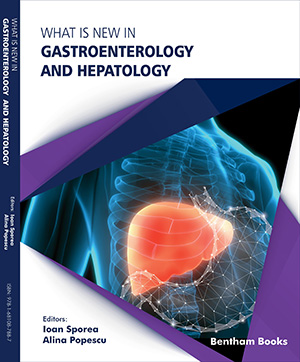Abstract
Inflammatory bowel diseases (IBDs) are chronic conditions of the gastrointestinal tract with a remitting and relapsing course and an unpredictable evolution. Patients affected by these diseases often have to deal with severe abdominal pain, diarrhea and loss of bowel control, fatigue, multiple surgeries and a wide range of extra-intestinal manifestations. Given these facts, the majority of them have a severely impaired health-related quality of life (HR QoL) and they are more prone to developing anxiety and depression. Even though early clinical trials didn’t show much interest in it, assessing the patients’ QoL has become, over time, one of the main endpoints of the clinical trials, thus more and more articles involving the patients’ QoL being published every year. Patients with active disease have a significantly lower HR QoL compared to those with inactive disease. Regarding the disease phenotype, especially when in remission, patients with Crohn’s disease tend to have lower QoL than those with ulcerative colitis. Anxiety and depression have a significant impact on the patients’ HR QoL. Another concern regarding the patients with IBD is the high rates of fatigue. Fatigue is a common symptom in many other inflammatory conditions like rheumatoid arthritis or multiple sclerosis, and leads to a significant impairment of the QoL and lowers work productivity. In spite of this, it is frequently underdiagnosed or overseen by physicians, and many times remains unexplored and untreated.
Keywords: Anxiety, Depression, Fatigue, Inflammatory bowel disease, Quality of life.






















